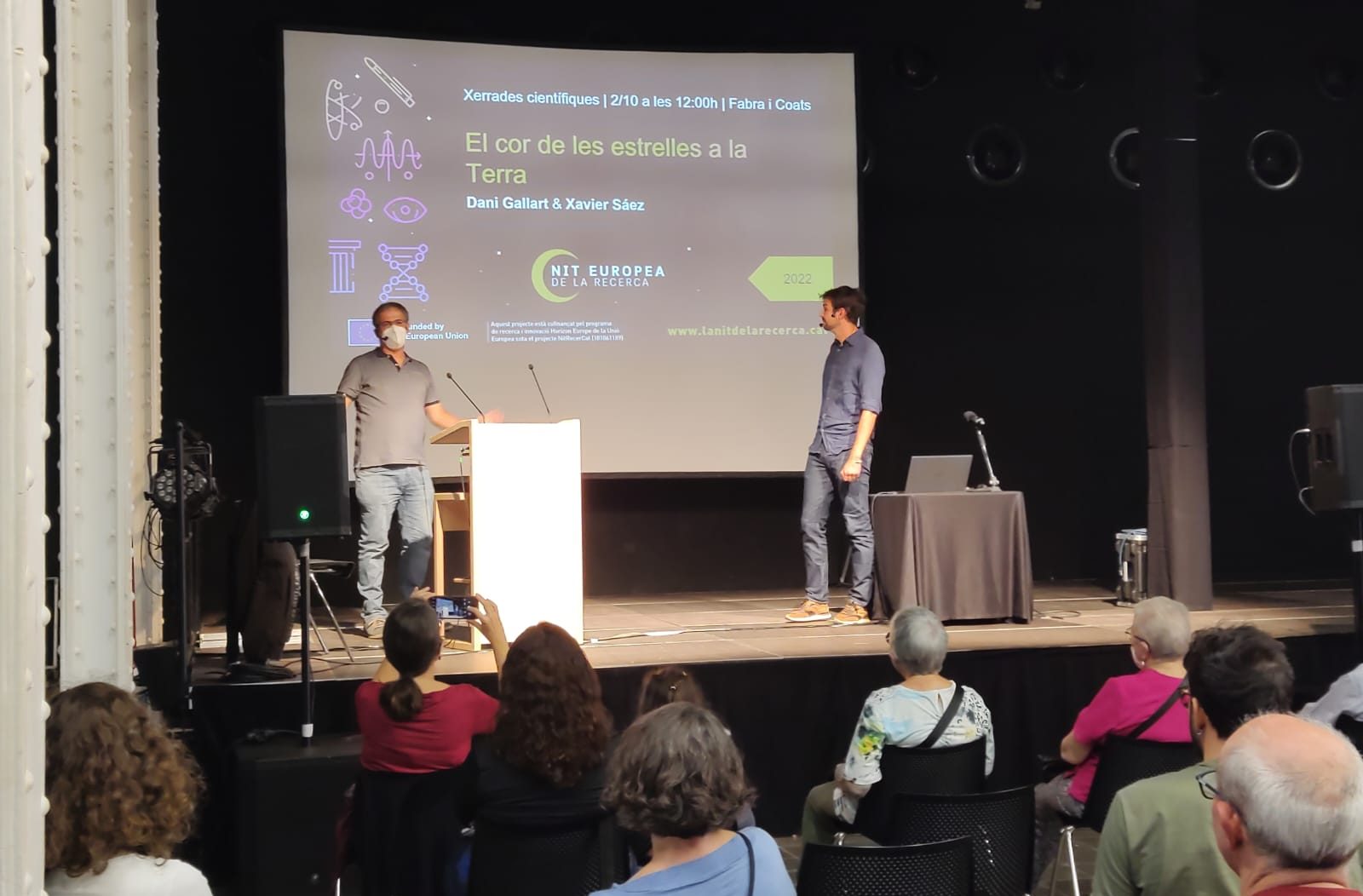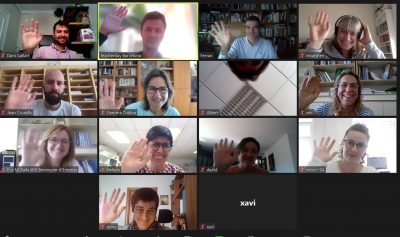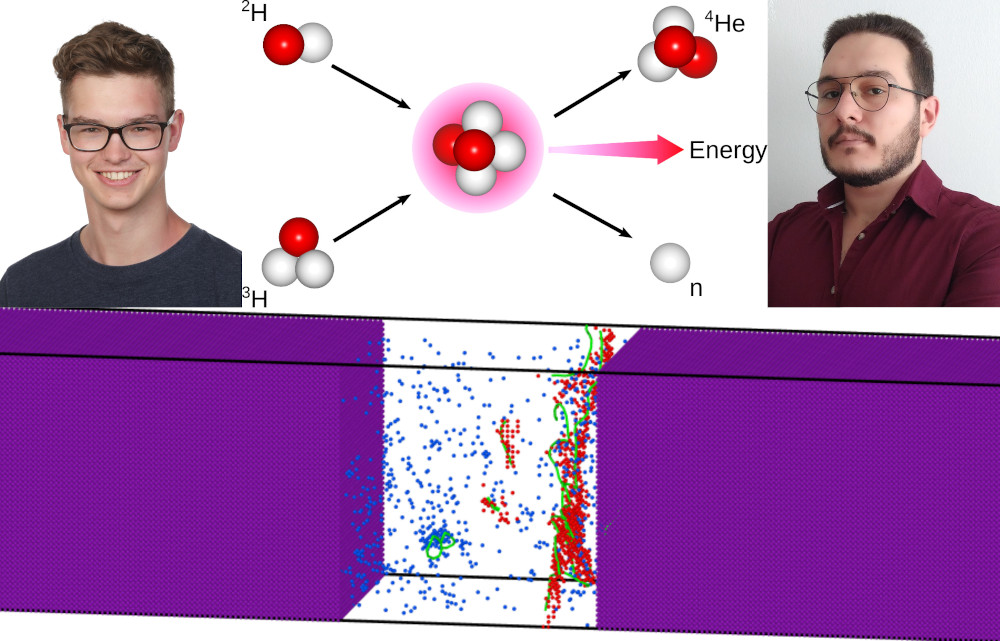
The European Researchers’ Night is a Europe-wide public event, which brings research and researchers closer to the public and showcases its impact on citizens’ daily lives in a fun and inspiring way. The European Researchers’ Night attracts each year more than 1 million visitors in Europe and beyond.
All types of public, from schools, families and children to young people or adults of all ages, can learn about and participate in the science of their territory through different activities such as workshops, talks, shows, experiments, astronomical observations and games.
The European Night of Research is a European scientific dissemination project promoted by the European Commission within the framework of the Marie Skłodowska-Curie actions of the Horizon Europe program.
Read more






